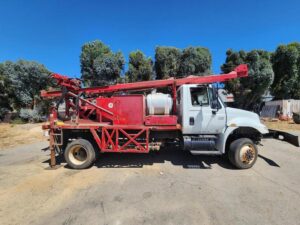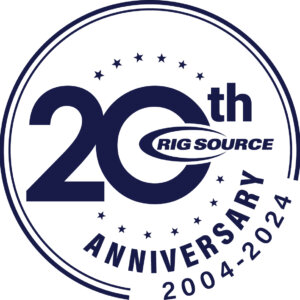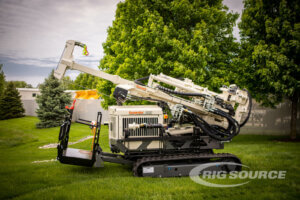If You Strike Oil, Is It Yours? Mineral Rights Explained
How to find out who owns the mineral rights on land that you own, or land you’re looking to buy.
You may have struck oil, but do you have the rights to it? In most countries, mineral resources belong to the government; however, in the United States, ownership of underground minerals was originally granted to land owners.

Of course, it’s not quite as simple as that- in fact, this creates a unique situation, in which ‘surface rights’ and ‘mineral rights’ can be sold separately. Surface rights are the rights to farm or build on the property, while mineral rights are the rights to use a property for the minerals it harbors, such as oil drilling, gas, gold, silver, and any other underground deposits. When surface rights and mineral rights are sold together, it’s called ‘fee simple.’
So when you buy property, how do you know if you’re purchasing both the surface rights and the mineral rights, or if the mineral rights to your land have already been sold?
In six states (Louisiana, Michigan, North Carolina, Ohio, Texas, and Wisconsin), sellers are required to disclose mineral rights separation; Florida and Colorado are currently considering legislation requiring disclosure. If you’re in any other state, however, a little detective work is required.
Start by checking the deed to the property at the local deed registry. If the deed shows that the rights have not been severed, then they’re ‘fee simple’- owned with the surface rights.
On the other hand, if the deed does not show that the mineral rights are owned, take the property’s legal description from the deed to the county clerk’s office. Here, you’ll schedule a time for you to search the county records, which may cost a fee.
Work backwards from the present to create a chain of title, or a sequential record of documents showing how the mineral rights have exchanged owners throughout the years. The first deed after separation of mineral and land rights will explicitly show that mineral rights are not included. Then, follow the mineral rights chain of title to its current owner; this stage of the process can get a little dense, so you might need to enlist the help of a mineral rights attorney.
Even if you think you know your land from top to bottom, chances are you’re not quite capable of drilling on your own property, and you probably don’t know if your land has minerals on it. A mineral prospecting company can help you survey your property and/or conduct exploration drilling so that you can discover the value of your land.





